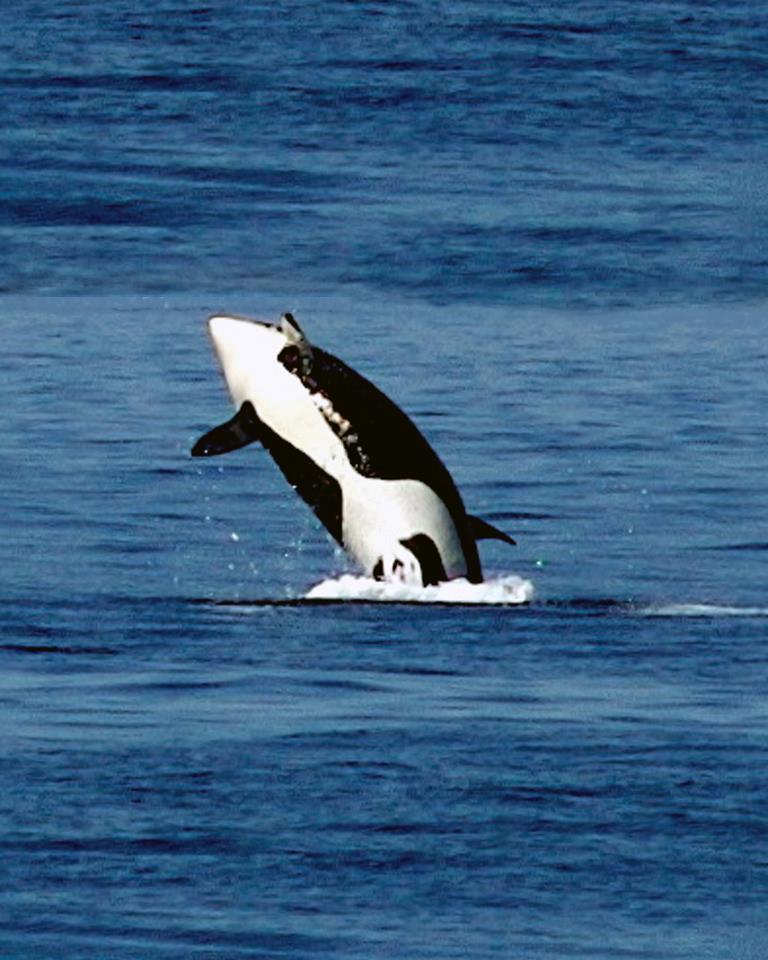Dr. Kristine Kevorkian is a pioneering voice in the academic forum of end-of-life care, and has taught classes on grief and loss to psychology and social work students. She is an educator, writer, consultant and the facilitator of her local Death Café. She also shares the same surname and passion for end-of-life issues as Dr. Jack Kevorkian. While Kristine personally knew the late doctor, she bears no familial relationship with him and directs her practice towards embracing “the lessons learned through grief and loss.” Additionally, she has made huge strides in the areas of Ecological and Environmental Grief, which she describes as “grief reactions stemming from the environmental loss of ecosystems caused by natural or man-made events.”
Julia: Is there any particular culture or religion whose view on death resonates with you?
Kristine: There isn’t just one, but a combination of [several] spiritual beliefs. I appreciate the religious traditions of Judaism when it comes to grief; tradition dictates that Jews must mourn. After [a] loss, Jews will mourn and sit Shivah for seven days during which the mourning continues in a healthy, undespairing manner with respect for the loved one. I appreciate these traditions because they allow people the time to grieve without any pressure to “get over it” that we see all too often in grief.
Julia: Part of your mission is to expand the inclusion of end-of-life subjects in academia. What would your ideal curriculum look like?
Kristine: Ideally, I’d like to see classes on grief and loss in elementary school. We learn how to cope with loss from the adults around us, who [in turn] learned how to cope from the adults around them. Sadly, not all of us learned [how] to cope in a healthy fashion. Perhaps if we were taught healthy coping techniques at a young age, we’d avoid many of the mental health issues that can result later on. Have you ever noticed that most mental health issues have a common denominator of grief? If children learned how to cope with loss, perhaps they’d have a healthier future. Grief and loss are also not exclusively associated with death. Consider a child moving away from his/her best friend, changing schools, or dealing with divorce. These are all enormous losses.
“Perhaps if we were taught healthy coping techniques at a young age, we’d avoid many of the mental health issues that result later on.”
I’d also like to see more classes on dying and death in colleges. Sociology departments tend to offer some of the most interesting classes, with some on death and dying. Why not make these classes more interdisciplinary and include students from all departments?
Julia: The core of your practice is based in offering patients control over their end-of-life process. How does this methodology empower them?
Kristine: I’ll try to give you the “Reader’s Digest” response–or else this will be a long interview! As we all know, we have a level of control over our lives. When people are happier in life, they are often healthier. Attitude is everything!
When it comes to our dying process, we have a level of control as well. Most of us aren’t aware of this because our image of a dying person is someone in a hospital with tubes all around [them]. [Contact with] my hospice patients and a lot of reading taught me that there was another way. You might have heard about the power of “permission.” When a loved one is actively dying, giving this permission to them to die often causes causes them to do so within minutes. We’ve also seen people so close to death hang on for weeks in order to see a relative who is coming, or reach a date that has significance. The permission and the power to wait provide us with a little awareness that there is some control at the end of life. As a hospice social worker, I witnessed that. There is still more control that people have at the end of life, and in life in general, but we tend to disregard this for some reason.
Julia: You have pioneered the subjects of Ecological and Environmental Grief. How do you provide counseling in these fields?
Kristine: One thing grief has taught me is that at times you need to harness grief to make change. That’s what I offer people who want support with environmental grief and ecological grief. The option to sit with grief and do nothing was never what [my] work was about. The [many] forms of grief are meant to spur us to take action and stop the destruction of our planet and stop this disconnection that so many people have with nature.
“As we all know, we have a level of control over our lives. When people are happier in life, they are often healthier. Attitude is everything!”
I appreciate the work of Mothers Against Drunk Driving (MADD) and how these women used their grief to create social action. That’s been my hope with environmental grief and ecological grief. So far, it’s been working out well. One person in particular has taken environmental grief to another level of social action through her work with Extinction Witness in creating and curating memorials for cultures and species. [Founder] Megan Hollingsworth contacted me about my work and after many discussions, I found that she was taking charge of real social action!
Kristine’s 3 End-of-Life Subject Recomendations
1) I encourage people to look to nature when it comes to grieving. We seem to want to make grief a “disorder” rather than see it as a part of our nature, our life. We learn and grow from nature. It’s challenging because grief can be very painful–and who wants to deal with pain? Who has [the] time? We must make the time, though, if we want to live our lives to the fullest.
2) There’s one book I recommend most for people who are grieving, and that is The Fall of Freddie the Leaf: A Story of Life for All Ages, by Leo Buscaglia, Ph.D. In hospice, we have often used this book to help children cope with grief — but I’ve seen it help many adults as well!
3) One hospice patient I had the privilege of working for struggled with the “Hell” issue. He was such a wonderful man but believed he was destined for Hell. I recommend the movie Defending Your Life, with Albert Brooks and Meryl Streep. He loved it! More importantly, it gave him a different perspective on life and death, thus alleviating his fears.
Further Reading:
Visit Kristine Kevorkian’s website.
Megan Hollingsworth project on Extinction Witness.
Dr. Kristine Kevorkian – Death and Dying (Interview)

 How Does One Deal with Loss? An Interview with Dr. Kristine Kevorkian
How Does One Deal with Loss? An Interview with Dr. Kristine Kevorkian



 “Songbird” by Fleetwood Mac
“Songbird” by Fleetwood Mac
 First the Wealth Gap, Now the U.S. Has a Growing Health Gap
First the Wealth Gap, Now the U.S. Has a Growing Health Gap















